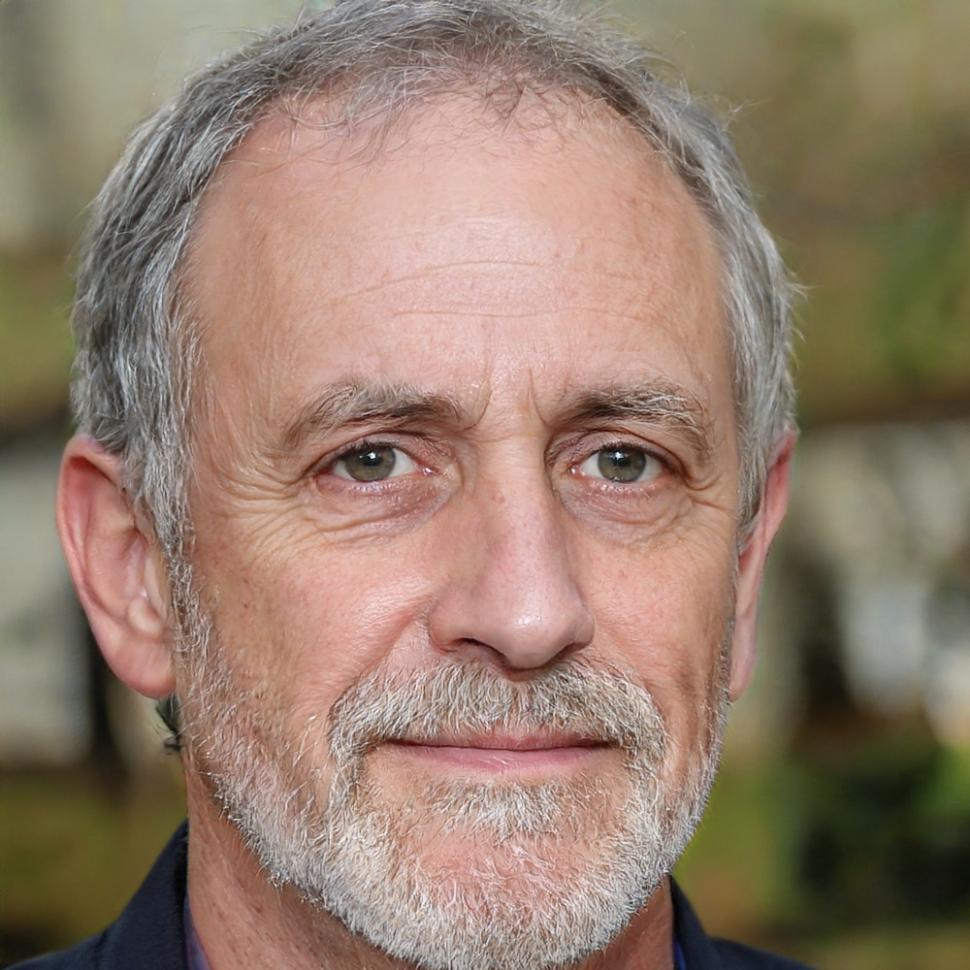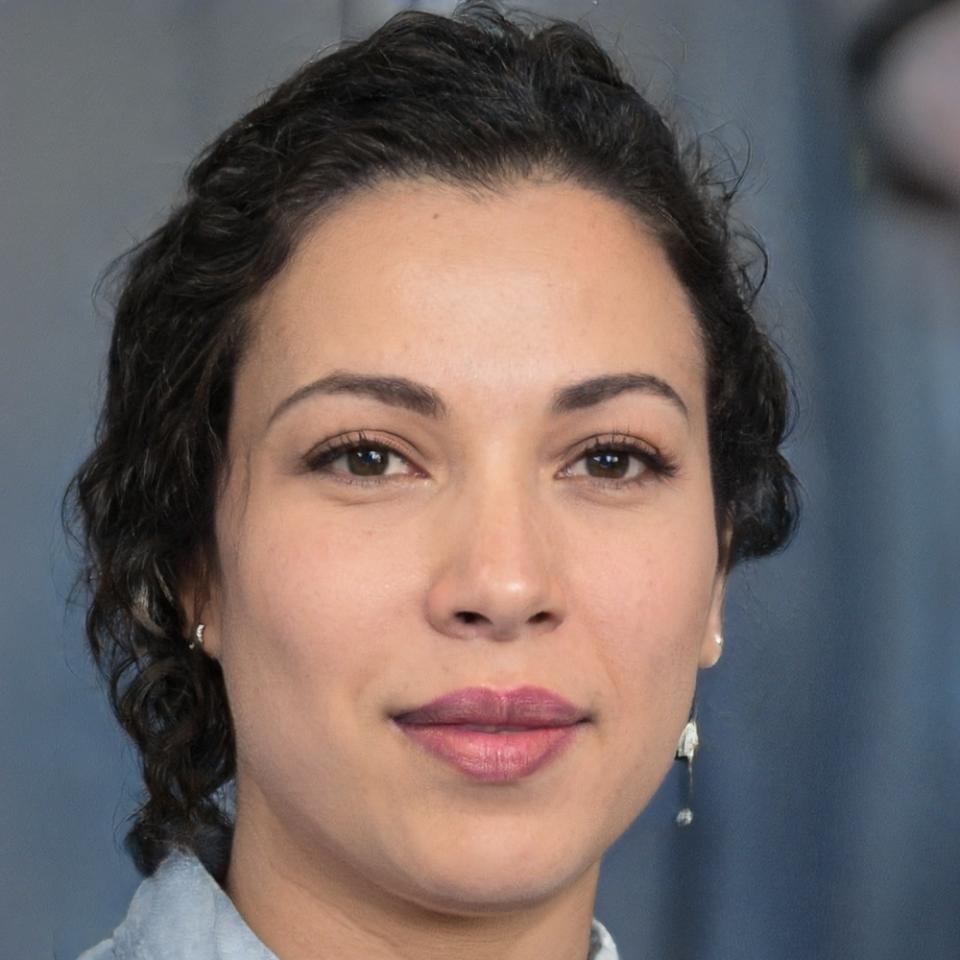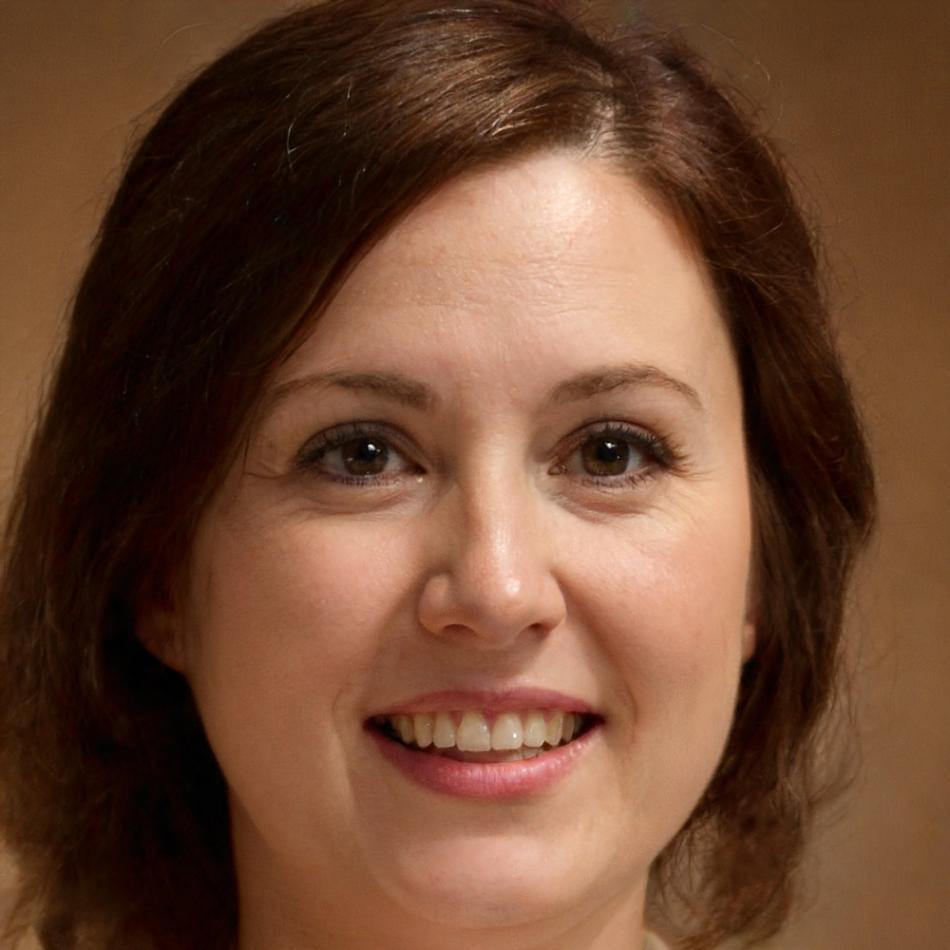Software Testing Education That Actually Prepares You
We've been teaching manual testing for eight years now, and honestly? Most training programs miss the point. They focus on theory while real projects demand practical judgment.
Our program runs differently. You'll spend most of your time working through actual test scenarios—the kind that show up in real development cycles. Think edge cases, user behavior prediction, and documentation that developers actually read.
Next cohort starts October 2025. Applications open in July.

Learn From People Who've Seen It All
Our instructors aren't just teachers. They're active practitioners who still consult on enterprise projects and understand what employers need right now.

Brennan Whitfield
Lead InstructorSpent 12 years at financial services companies where one bug could cost millions. Now he teaches the methodical approach that kept those systems running.

Darya Olson
Testing SpecialistTransitioned from manual to automation testing at a major e-commerce platform. She teaches both, but emphasizes why manual skills come first.

Sienna Markovic
QA ConsultantWorks with startups preparing for their first major releases. She knows how to build testing processes from scratch when there's no template to follow.
Results From Real Students
We track what happens after graduation because that's what matters. These numbers reflect our 2024 cohort outcomes, six months after program completion.
Industry Recognition
Our curriculum earned accreditation from Taiwan Software Quality Association in 2024. It's the only manual testing program in the region with this credential.
TSQA CertifiedEmployment Outcomes
73% of graduates from our 2024 cohorts found testing positions within six months. Most started as junior testers or QA analysts.
73%Student Satisfaction
Based on anonymous post-graduation surveys, students rated the practical components and instructor feedback as the most valuable aspects.
4.6/5.0Portfolio Projects
Every graduate completes a minimum of five comprehensive testing projects they can show employers. Real documentation, real bugs found, real problem-solving.
5 ProjectsHiring Partners
We've built relationships with 23 companies in Taiwan's tech sector who review our graduates for open positions. No guarantees, but it helps.
23 CompaniesInstructor Experience
Our teaching team collectively brings 47 years of hands-on testing experience across finance, healthcare, e-commerce, and enterprise software.
47 YearsLearning Happens Best Together
Testing isn't a solo activity in real jobs, so we don't teach it that way. You'll work in rotating teams throughout the program, mimicking how actual QA departments function.
Some of our best learning moments happen during peer reviews. When another student challenges your test case logic or catches something you missed, that's when the concepts really stick.
Weekly Team Testing Sessions
Every Wednesday evening, you'll join a small group to test a new scenario together. One person might focus on UI issues while another hunts for data validation problems. Then you compare notes.
Cross-Team Bug Verification
When your team reports a bug, another team attempts to reproduce it. This mirrors real development workflows where QA teams verify each other's findings before escalation.
Mentorship Circles
We pair newer students with those further along in the program. The advanced students get practice explaining concepts—which deepens their own understanding—while newcomers get guidance beyond instructor office hours.
Alumni Network Access
Past graduates remain active in our community channels. They share job postings, answer questions about interview prep, and occasionally guest lecture about their current projects.
October 2025 Cohort Timeline
The next 16-week program begins in October. Here's how enrollment works and what to expect if you're considering joining.
Application Period
Submit your application and complete the basic assessment. We're looking for genuine interest and basic problem-solving ability, not prior testing experience.
July 1 - August 15, 2025Interview & Enrollment
Brief video conversation with an instructor to discuss your goals and answer questions about the program structure. Most applicants who complete step one proceed to enrollment.
August 20 - September 10, 2025Program Begins
Classes meet Tuesday and Thursday evenings, plus Saturday morning lab sessions. Total commitment is roughly 15 hours weekly including homework and practice projects.
October 7, 2025Want details about curriculum, pricing, or prerequisites? We've compiled everything in our information packet, and someone from our team can answer specific questions you might have.
Request Program Information